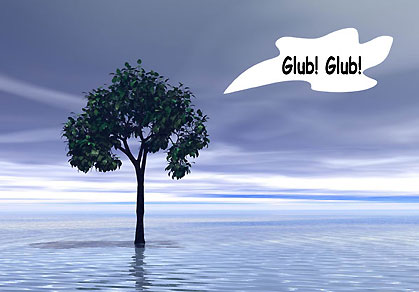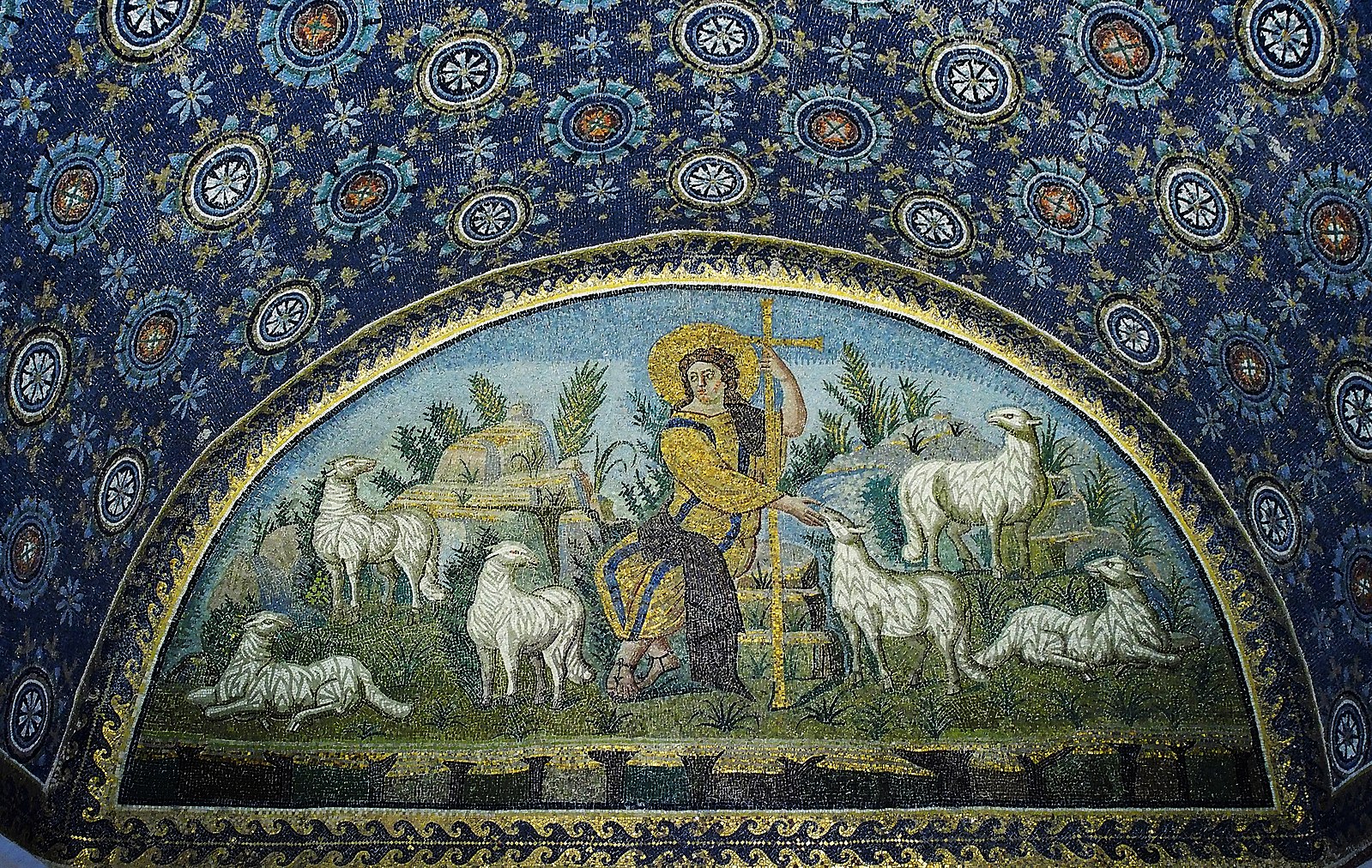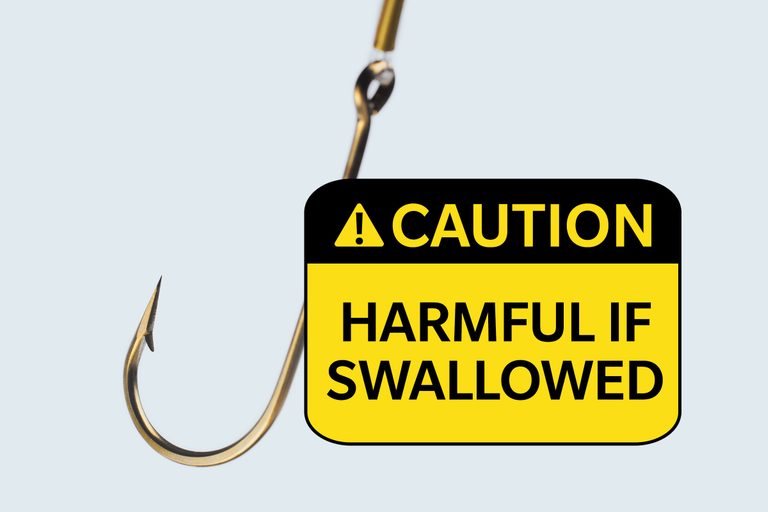Great crowds were traveling with Jesus, and he turned and addressed them, “If anyone comes to me without hating his father and mother, wife and children, brothers and sisters, and even his own life, he cannot be my disciple. Whoever does not carry his own cross and come after me cannot be my disciple. Which of you wishing to construct a tower does not first sit down and calculate the cost to see if there is enough for its completion? Otherwise, after laying the foundation and finding himself unable to finish the work the onlookers should laugh at him and say, ‘This one began to build but did not have the resources to finish.’ Or what king marching into battle would not first sit down and decide whether with ten thousand troops he can successfully oppose another king advancing upon him with twenty thousand troops? But if not, while he is still far away, he will send a delegation to ask for peace terms. In the same way, anyone of you who does not renounce all his possessions cannot be my disciple.”
This was the Gospel reading at today’s mass.
The priest began his sermon by assuring us that salvation is a free gift, we were ransomed by the cross, and we need only trust in Jesus to be saved.
It seems to me he was deliberately speaking against the Bible passage. No doubt he feared it would not go down well with the congregation.
But you don’t get to ignore or contradict the Bible.
The Catholic church holds that we cannot achieve salvation by our own merits; this much is true. But that does not mean everyone gets into heaven. Otherwise, what is the point of the created world? Why not just have us all born into heaven?
This world has to be a time of trial, as the Bible says here.
Following Jesus does not just mean a verbal acknowledgement, “I believe in God,” or “I accept Jesus as my Lord and Savoir.” That is meaningless; that “Jesus” or “God” is just a word.
You must “Love the Lord your God with all your heart and with all your soul and with all your mind.”
Here is an analogy suggested by John Lennox: compare loving your wife. Your commitment to your wife is profound, according to the Bible and the marriage vows. You must put her above your father and mother, your brothers and sisters, your birth family. You must stay with her in sickness or in health, for richer or for poorer, in old age, when she is no longer physically attractive to you. You must put your life on the line if necessary to protect her; you must eschew all others until death do you part. That is the vow you make.
Your commitment to God must be at least as strong as this, or you are not loving him with your whole heart.
It follows that you must be prepared to lose everything for his sake; for the sake of our relationship with him.
And you had better think carefully of this at the outset, just as you had better enter marriage with a serious intent.
This is the import of the passage in the Lord’s Prayer that Pope Francis seems not to have understood, and objected to: “Lead us not into temptation.”
It is our plea that God not demand all this of us, as he did of Jesus, or of Job, to test our love.
But he often will, perhaps especially if he cares enough about us.
























